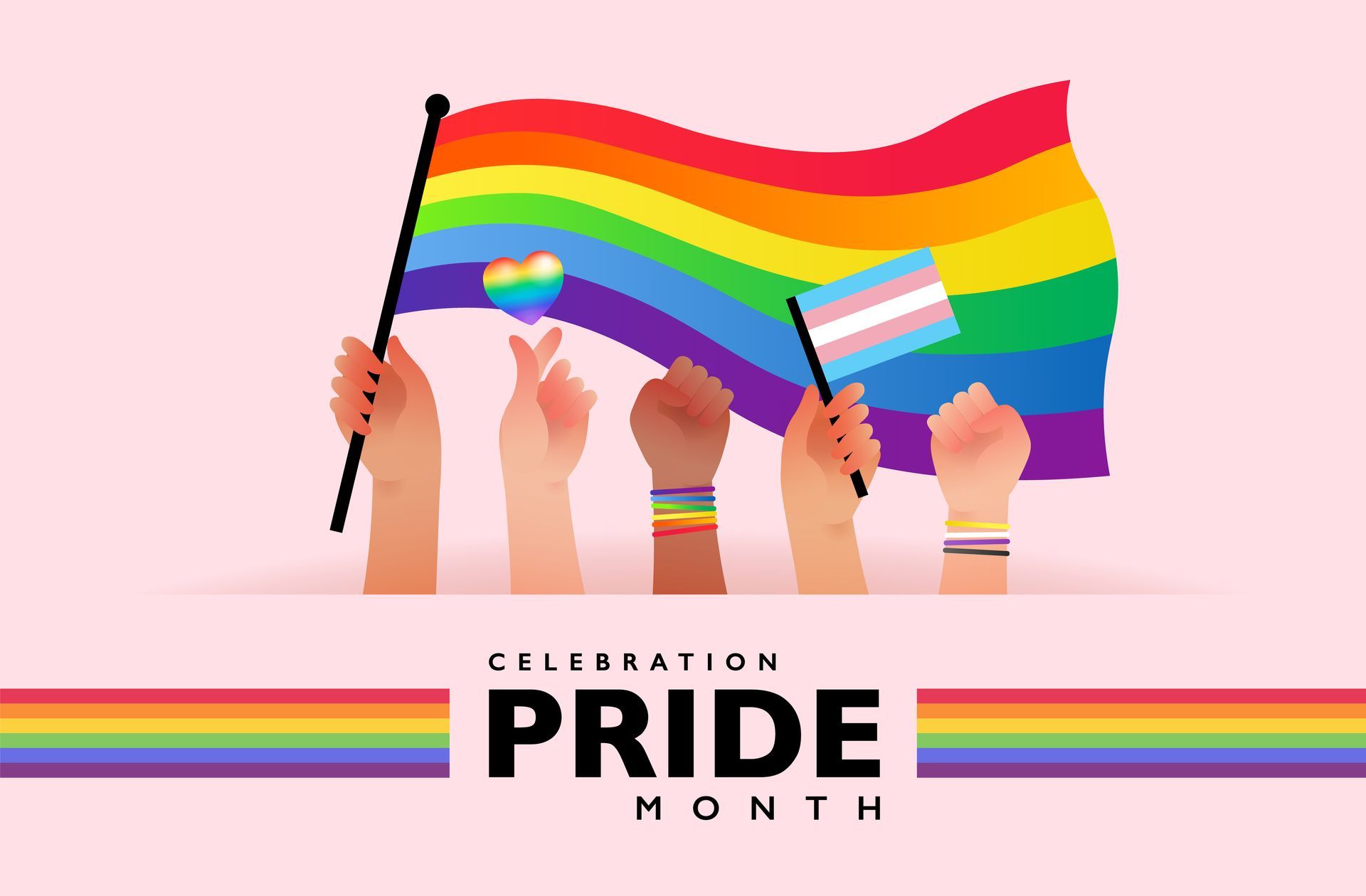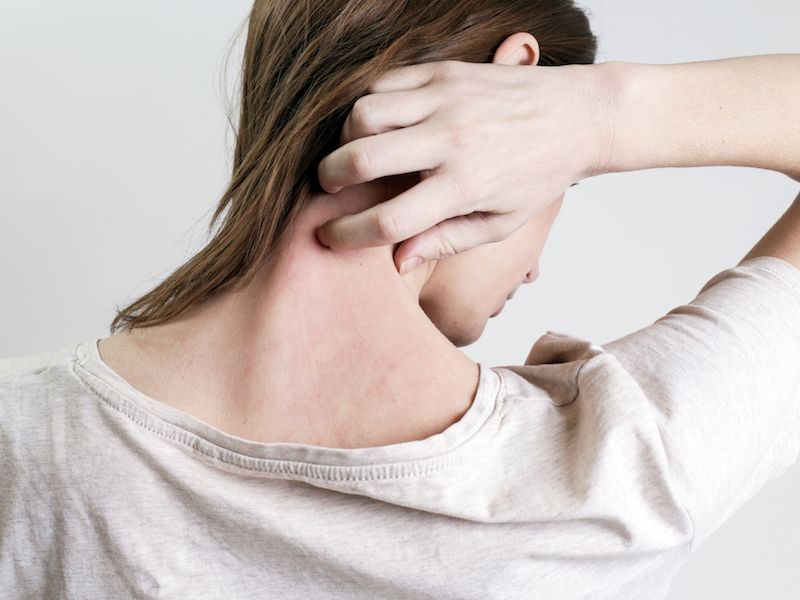Blog Layout
How to Take Care of a Blocked Ear
May 21, 2019
How to Take Care of a Blocked Ear

We’ve all had the experience, the annoying feeling when your ear is clogged and no amount of swallowing and yawning can make it feel better. You’ve attempted opening your ear canal with your finger, popping your ear, and even chewing gum. Sooner or later, you might think about giving up and just hope your ear unclogs on its own. And honestly, you wouldn’t be incorrect to try waiting a little bit to see if the problem goes away on its own unless, of course, you have pain, discharge, or other symptoms of an infection.
Your Eustachian tube, a small passageway that attaches your middle ear to the space behind your nose and regulates the air pressure level in your ears, can get clogged if it stays open or closed for longer than it should. You might notice a popping and crackling noise in your ears as this tube closes and opens when you swallow or yawn. Normal hormonal changes cause the ear to stay open and viruses or ear infections will cause the ear to remain closed. It could take your ears a little while to go back to normal but both problems will recede over time.
Another cause of clogged ears is buildup of earwax. Ear treatment can eliminate this type of clog, depending on the seriousness, this can be at home or at the hearing specialist. When managing plugged ears, here are some guidelines:
You Can Try Putting Hydrogen Peroxide Drops in Your Ear
Hydrogen peroxide
can be utilized to break up earwax blockages, but it must be put in your ear correctly. Mixing the peroxide with luke warm water and using a pipette to gradually put it in your ear is the specialist’s suggestion. After you tilt your ear upward and put the drops in, a few seconds should be sufficient to dissolve the wax clog. You could have to do this a few times a day for a couple of days, but ultimately, the clog should clear up.
Don’t Put Anything in Your Ear to Clean it
Seriously, this is worth repeating: it will only make the situation worse if you try to use a cotton swab to clean your ears. Cotton swabs
can cause complete blockage by forcing the earwax against the eardrum. Even earplugs and hearing aids can, in fact, cause an earwax blockage. In order to lessen earwax buildup, you should only use cotton swabs on your outer ear.
Your Allergies Need to be Treated
Plugged ears are commonly made worse by allergies. Follow your doctor’s directions about dealing with your allergies and don’t forget to take your medication. Avoid any unnecessary allergens, especially during allergy season.
Be Leery of Home Remedies That Sound Strange
You should not put a lit candle in your ear which should go without saying. Ear candling
is an old practice of inserting a hollow candle in your ear and lighting it which is very unscientific. Theoretically, earwax is drawn into the hollow space in the candle when the heat of the flame creates a vacuum. This technique will likely cause more damage and probably won’t do any good. If something doesn’t sound accurate, it most likely isn’t and it’s best to contact a specialist. Don’t chance damaging your hearing by just trying things.
If you don’t find any other solution, you should give us a call. Irreversible hearing loss or a ruptured eardrum are the kinds of repercussions you could sustain from incorrect earwax removal.
AUDIOLOGY ASSOCIATES OF WESTCHESTER
Harrison, NY Location
550 Mamaroneck Ave, Suite 407 (4th floor), Harrison, NY 10528
325 NY 100, Somers, NY 10589 | Phone:
(914) 556-6720
WEBSITE DESIGN
BY
HEARST MEDIA SERVICES , ALL RIGHTS RESERVED



